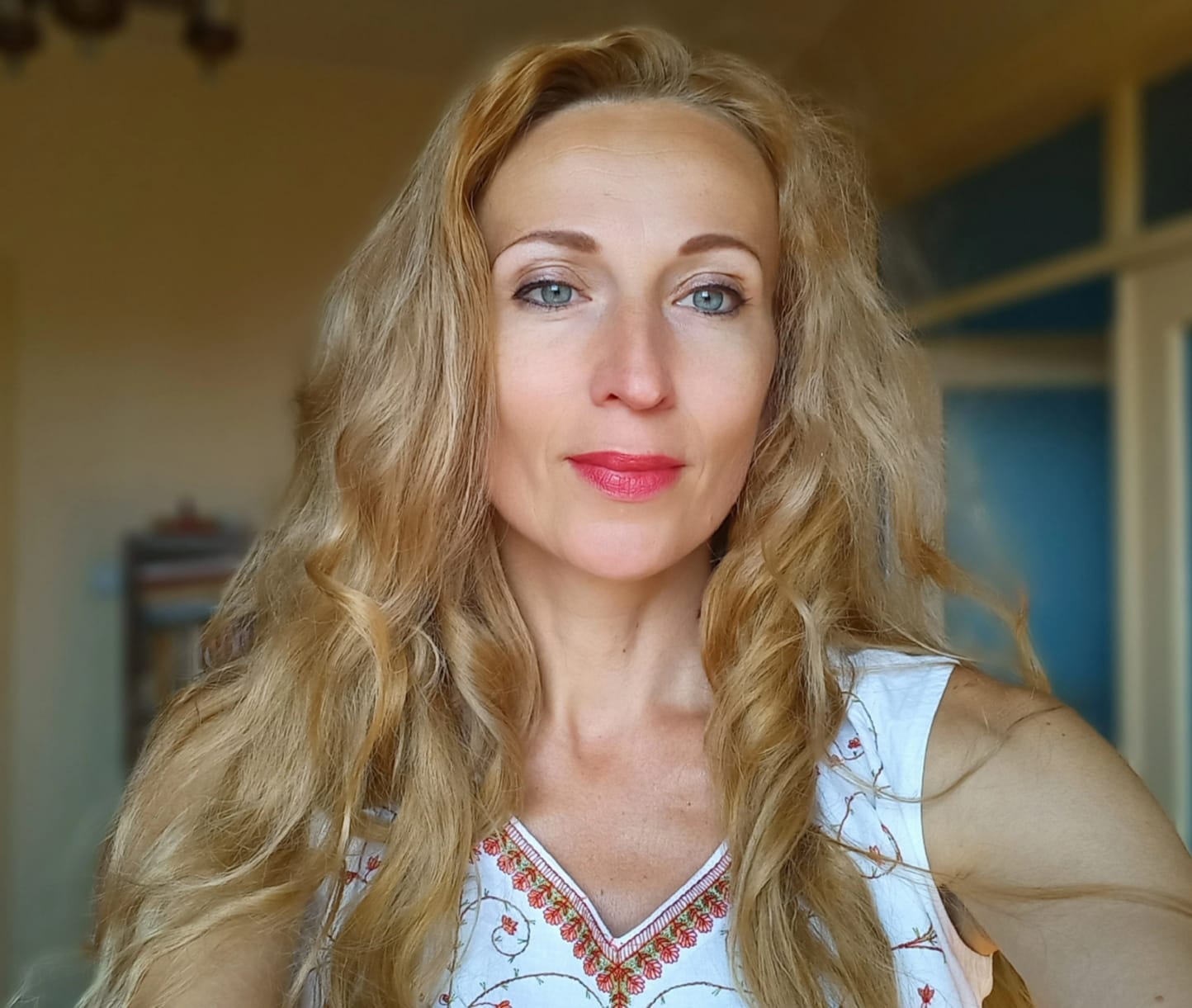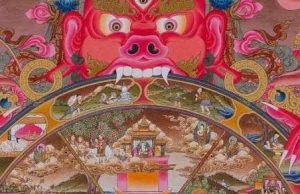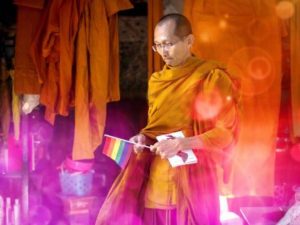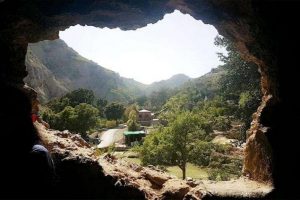
The potential of the human mind is boundless. The process of study transforms the mind, expanding its capacity, and revealing new dimensions of reality. The study of Buddhism is as vast as space and difficult for a single mind to encompass. But some people are able to expand their minds tremendously, to pass through the long process of study and gain vast knowledge. In the Buddhist tradition they call these people acharya (Tib: lopon), which is usually translated as “highly learned one” or “senior teacher.” The term is also often used to denote a degree, equivalent to a Master of Buddhist Philosophy.
In modern times, we have acharyas who have been able to receive a Buddhist education not only in the traditional (Tibetan) system but also in the Russian system, and to combine both traditions in a unique way. One of these scholars is Bem Mitruev, not only an acharya but the first acharya in Russia; not only highly learned but also a very humble and kind man, whom I have had the fortune to meet in Kalmykia and in India.
Mitruev, a brilliant translator and scholar, was born in 1977 in Kalmykia, the only European Buddhist republic and part of the Russian Federation. In recent years, he has been a translator of the teachings of His Holiness the Dalai Lama for Russian Buddhists.
Mitruev’s ongoing education is impressive. From 1995–2005, he studied at the Central Institute of Higher Tibetan Studies in Sarnath, India, obtaining the acharya degree. From 2009–16, he studied Tibeto-Mongolian philology in the Faculty of Asian and African Studies at Saint Petersburg State University, and obtained a master’s degree in Asian and African studies. At present, Mitruev is a research student at the Kalmyk Scientific Center of the Russian Academy of Sciences.
In this first part of our interview with Mitruev, we discuss Tibetan and Russian traditions in Buddhist studies and the revival of Buddhism in Kalmykia.
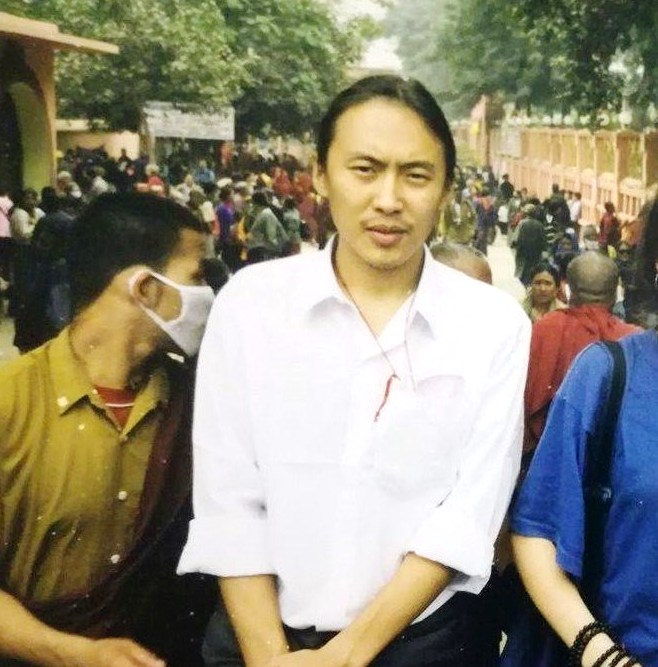
Buddhistdoor Global: What is the meaning of acharya and the significance of being the first acharya in Russia?
Bem Mitruev: Acharya means many different things but in the Central Institute of Higher Tibetan Studies it means a master’s degree in Buddhist philosophy. In this institute it takes nine years to complete the MA, and it means that you need to study Buddhist philosophy, Tibetan language, Sanskrit, Tibetan history, Hindi, and some other subjects. To become an acharya you need to study and pass the exams. Like any learning process, you need to study and it all depends on how motivated you are and how much time you spend studying. Of course, if you study it changes your mind because everything we do with our mind transforms it. If you study Buddhist philosophy and if you put a lot of time into doing so, eventually it influences your mind to some degree.
I just happened to be the first acharya in Russia to study at our Institute and receive such a degree, but otherwise it’s not anything special. It just means that I finished my course of study and I listened to the lectures and passed the exams.
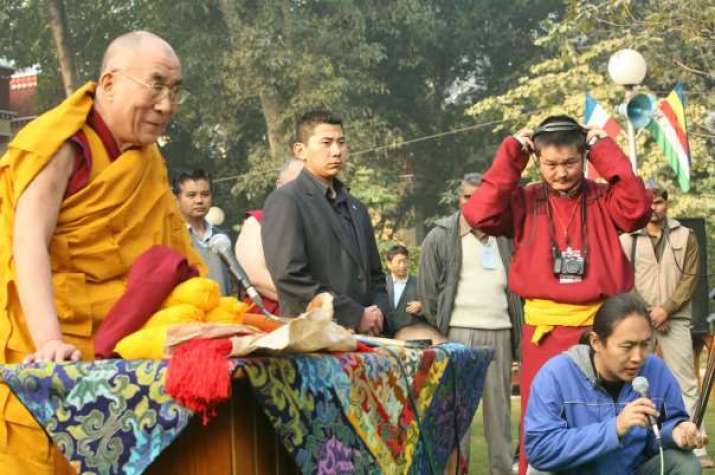
BDG: Your education combines Tibetan and Russian traditions in Buddhist studies. What are the differences between these educational systems, and is it difficult to combine them?
BM: Before I went to India, I studied for some time in Russia, in my native place. I stayed in a Buddhist temple that was previously the house of a lady who donated it to the Buddhist temple. I stayed there for one year. During this time, in 1994, we would read books on Buddhism translated from English and Tibetan into Russian. Fortunately, I had an opportunity to learn something about Buddhism in Russian. Then I went to study in India. When I returned from India, I studied in Saint Peterburg State University. I had very good opportunity to see things from a different angle—from the side of Western academic studies, which was very influential and gave me a lot of insight and knowledge.
There are some differences between both educational systems. When we studied in India, we followed the traditional Tibetan system. We had to memorize our texts and we would listen to traditional commentaries. While studying in Russia, we did it from a different, more scientific perspective. We studied Buddhism not like Buddhists but from the outside, from the Western point of view, trying to see Buddhism from a historical perspective. It was very important to gain an unobstructed view, without attachment to the subject. It is always good to try to see what you’re studying from an independent point of view.
For me it’s not difficult to combine both systems. The main thing is that you need to understand what you are doing. When you study Buddhism from the inside, you are trying to understand Buddhism itself and its ideas. You are trying to practice these ideas if you find them useful for you or for other people. When you study Buddhism from the outside, you try to be very discriminating, unattached, and unbiased, to see everything from historical and logical perspectives. This also helps because seeing your subject from different point of view deepens your knowledge of that subject.
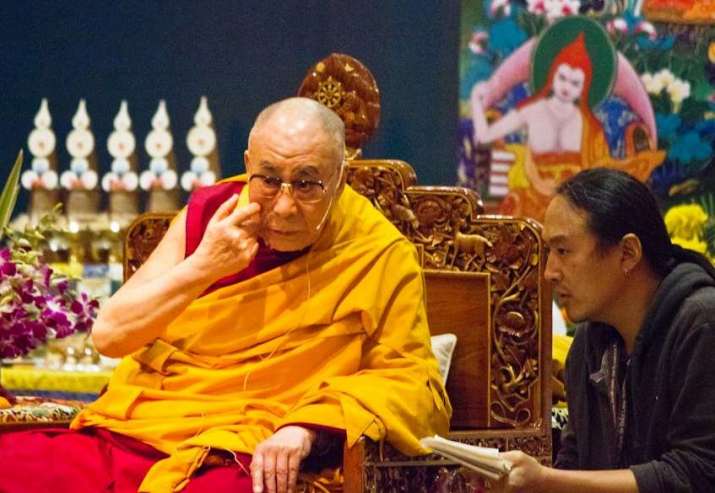
Image courtesy of Bem Mitruev
BDG: What do you think about the revival of Buddhism in Kalmykia?
BM: As you know, Kalmykia is one of the traditional Buddhist places in Russia and since the 1990s we’ve been having a Buddhist revival. After the fall of the Soviet Union, we were trying to restore Kalmykia’s Buddhist culture and Buddhist philosophy. Now the process is going much better than before. We have many Buddhist monks from India, and also Tibetan and Ladakhi monks who have studied in monasteries and who have deep knowledge of Buddhism. Many of them have geshe degrees (a doctorate in Buddhist philosophy).
So, all in all, I can say that the process is going quite well, much smoother than before. And we have more opportunities to study Buddhism. The only minus, as far as I can see, is that we need some kind of educational institution—in Russian we call it a seminaria, which means a religious place to study. This could be a place where people can study Buddhism in a traditional way, going through the whole educational process, studying classical Buddhist texts, for example written by Nagarjuna, Chandrakirti, Maitreya, Vasubandhu, and so on. I think it would be very good if eventually we have such an institution in Kalmykia so that the people who would like to obtain a deep knowledge of Buddhism could do so there.
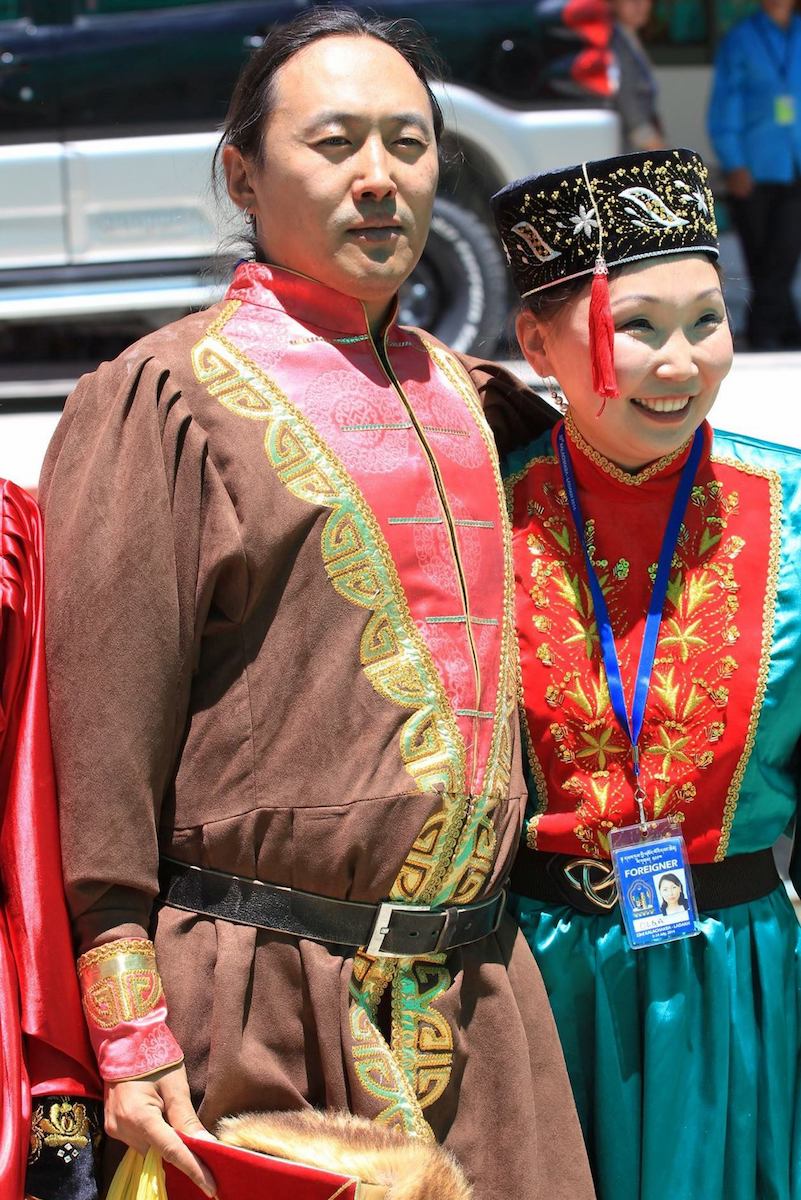
Image courtesy of Bem Mitruev


